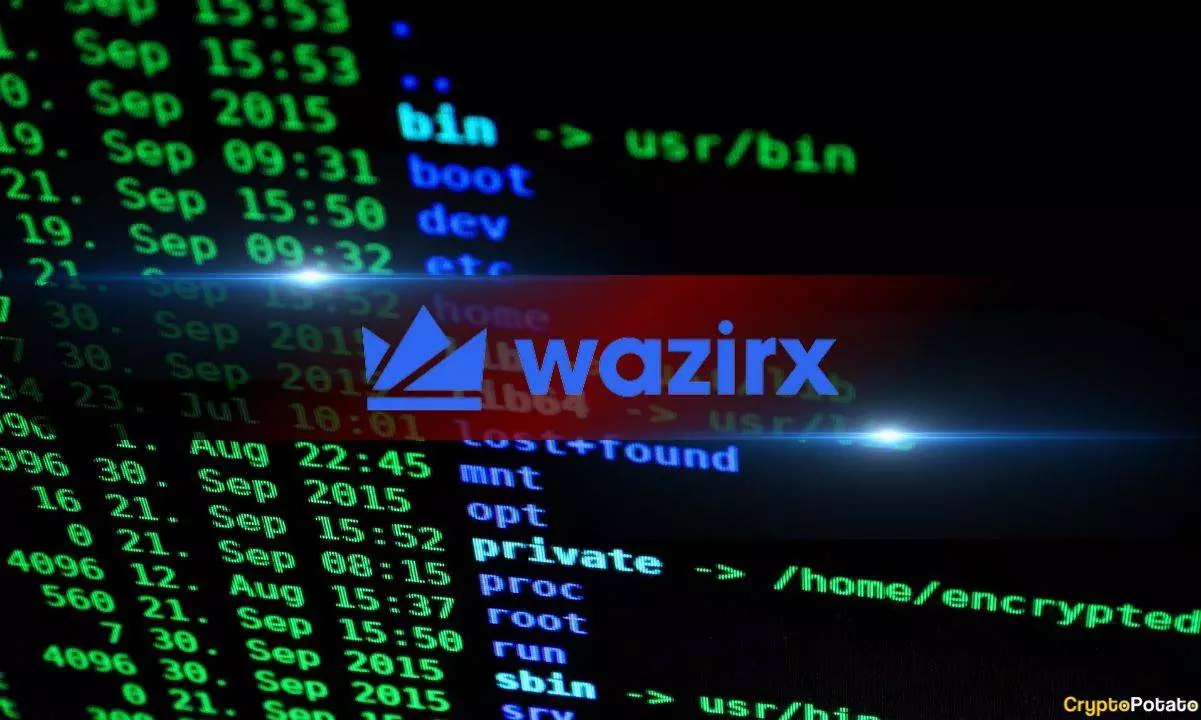The world of cryptocurrency often finds itself embroiled in controversy due to its volatile nature and the lack of regulatory frameworks. WazirX, one of India’s prominent cryptocurrency exchanges, has recently become a focal point of contention following allegations regarding the mishandling of user assets. The founder, Nischal Shetty, has publicly addressed claims that the company transferred $75 million in crypto without informing its users. This situation is a complex interplay of trust, security, and accountability in an industry that is still finding its footing.
The scandal erupted after WazirX disclosed over 240,000 wallet addresses in compliance with a Singapore court’s moratorium that followed a severe hack in July, where $235 million was stolen. This disclosure was a significant moment for the exchange, revealing the vast number of wallets affected but also leading to scrutiny regarding the handling of funds post-incident. According to Ashish Singhal, CEO of CoinSwitch, his organization created a system to better analyze this overwhelming amount of data. He claimed to have discovered alarming transfers amounting to $72.13 million to Bybit and $1.5 million to KuCoin. These transfers prompt serious questions: Were users’ interests adequately protected during this tumultuous time?
While Singhal’s comments were made in light of recovering funds that CoinSwitch had used to compensate its users, the situation described raises critical issues about transparency in cryptocurrency exchanges. The nature of these funds transfers has been characterized by some as suspicious, especially as many wallet addresses purportedly showed little to no activity. This presents a troubling picture of an exchange grappling with both external threats and internal management.
In responding to these allegations, Nischal Shetty characterized the narrative as baseless and part of a coordinated misinformation campaign. He maintains that the transfers were a legitimate step toward establishing a new custodial relationship post-hack. According to Shetty, the complexity involved in managing different cryptocurrencies necessitated moving assets temporarily to centralized exchanges while WazirX explored options for better custodial solutions.
This defense is designed to reassure users about the integrity of the company’s actions. However, the perception remains that a lack of communication during this crisis could foster distrust among users. In the high-stakes world of cryptocurrencies, trust is paramount, and any perceived mishandling of funds—whether intentional or not—can lead to a user’s downward spiral of confidence in a platform.
The debacle at WazirX underscores a pervasive issue within the cryptocurrency ecosystem, where trust can be easily undermined. Users of crypto exchanges often operate under the assumption that their assets are safe and well-managed. Revelations such as those made by CoinSwitch threaten to erode that trust. When exchanges lack clarity on their custodial practices and how they manage internal crises, it can lead to mass withdrawal, ultimately destabilizing operations and hurting all users, including those who chose to engage with the platform in good faith.
Further compounding WazirX’s troubles is the lingering specter of the hack itself. Despite a $23 million reward offer and consultations with forensic experts, the exchange has made little progress in recovering the stolen assets, allegedly laundered by sophisticated networks linked to North Korea. This creates a wall of uncertainty for users who might feel that everything from their personal data to their financial futures are at risk.
As WazirX navigates this crisis, it must take decisive steps to reclaim user trust and ensure transparent communication. This incident serves as a greater reminder to the crypto industry at large about the importance of security, transparency, and timely disclosures. Moving forward, WazirX must not only address the immediate concerns but also foster a culture of trust where users feel empowered and informed about the fate of their assets. Building accountability mechanisms and restoring user confidence should be critical steps in moving beyond this controversy and towards a stable future within the burgeoning grounds of cryptocurrency trading.

